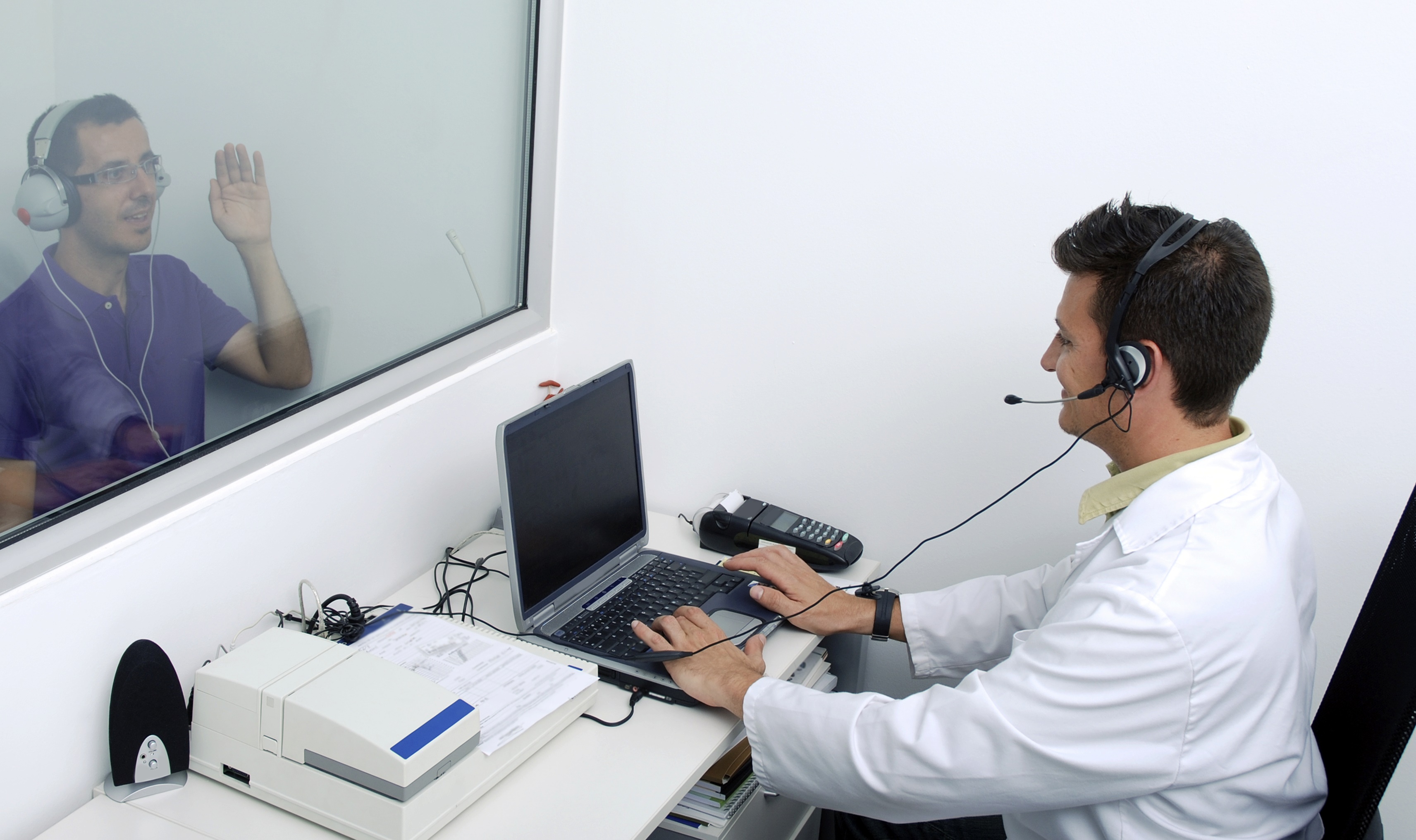
Congratulations on taking the first step toward better hearing by scheduling your hearing test. You’re already ahead of the game, as most people delay having their hearing tested for years—in some instances decades.
But now that you’ve arranged your hearing test, you’ll want to see to it that you’re well prepared for the consultation, especially if test results indicate that you could benefit from hearing aids. Choosing hearing aids can be challenging, but if you ask the right questions, your hearing care specialist can help point you to the right technology.
To attain the best hearing possible, remember to ask these five questions at your upcoming hearing test.
1. What type of hearing loss do I have?
Your hearing care professional will test your hearing using the most current technology, and the results of the test will be printed on a graph known as an audiogram. Ensure that your hearing professional reviews the audiogram with you and explains:
- The form and extent of your hearing loss. High-frequency hearing loss is most common, and is classified as mild, moderate, severe, or profound.
- How hearing aids can help, and if and why you’d need hearing aids for one or both ears. Hearing loss in both ears is ideally remedied with two hearing aids, and the audiogram will show the results for both ears.
2. Which hearing aid is best for my needs?
Each patient’s hearing loss and hearing needs are unique. The more your hearing professional understands about your way of living, the better they can recommend the appropriate technology.
If you’re very active, for instance, you might want to consider the latest hearing aid technology with wireless functionality. If you don’t need all of the bells and whistles, on the other hand, a more cost-effective alternative is probably a better fit.
3. What are my financing options?
Next is everyone’s least favorite topic—price. Although you should take into account that the benefits of hearing aids far outnumber the cost (the monthly cost in most cases being lower than the cable TV bill), the price can still seem to be high.
A number of financing possibilities are available that can help cover the expense, although not all options are available to each patient. Still, you should talk to your hearing professional about some of these resources:
- private insurance (rare but worth asking about)
- Medicare and Medicaid
- VA benefits
- charitable organizations
- state programs
- financing options (special healthcare credit arrangements)
4. How can I most effectively adapt to my new hearing aids?
After you’ve decided on your ideal hearing aids and have had them professionally fit, you can return home and instantly hear perfectly without any issues, correct?
Not exactly. As with anything brand new, you’ll require some time to adjust. You’ll be listening to sounds you haven’t heard in a long while, your voice may sound unusual, and the fit of the hearing aid may feel awkward. This is completely common and expected, and will take care of itself in a short amount of time. You simply have to be patient.
Make sure your hearing professional provides instructions on how to best adapt to your hearing aids, including how to operate them and how to master the features.
5. How do I maintain my hearing aids?
Hearing aids are leading-edge and dependable products that should function reliably for many years. Still, they will require habitual cleaning and care. Talk to your hearing professional about cleaning products and procedures, storage solutions, accessories, and battery management.
In addition, it’s a wise decision to have your hearing specialist professionally clean your hearing aids a couple of times a year.
As you prepare for your hearing test, keep in mind that achieving the best outcome requires:
- understanding your hearing loss
- coordinating your hearing loss and lifestyle to the right technology
- choosing an affordable solution based on your budget
- professionally fitting and programming your new hearing aids
- adapting to and maintaining your hearing aids
With the assistance of your local hearing care professional—and by asking the right questions—you can assure the best results and a life of better hearing.